In this workshop series, you will learn how to incorporate simple computer science into your science curriculum to engage students in new ways. Experts from across the country will introduce you to the Micro:bit hardware and software in varying grade ranges. You can pick and choose which sessions you would like to attend. This will be virtual so you don’t have to leave the comfort of your own home!
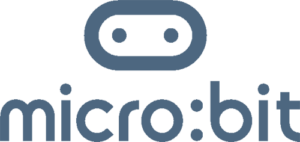
Our Instructors
-
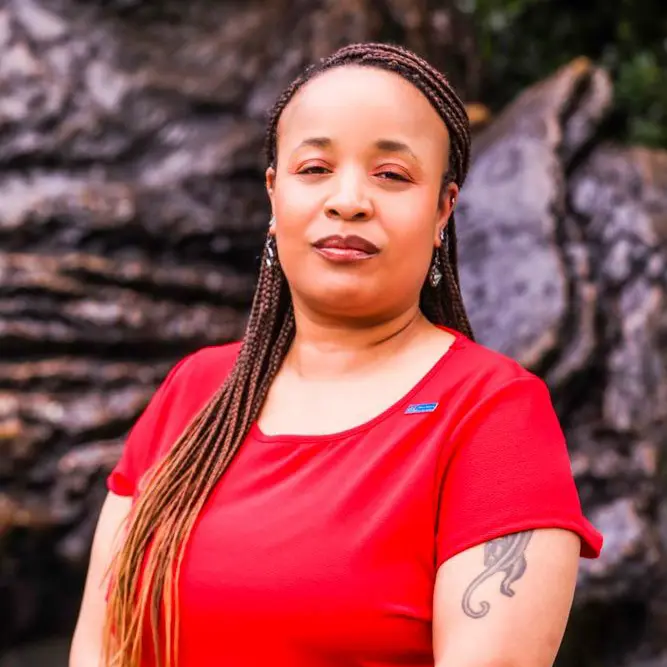
Carla Neely
STEM Legislative Fellow -
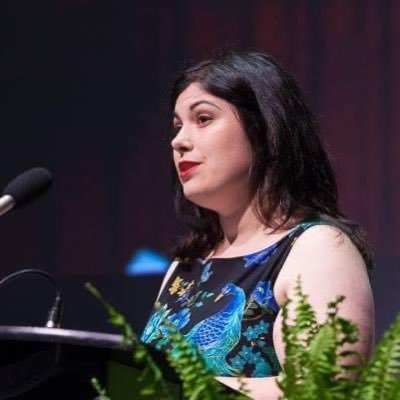
Sarah Rankin
Technology Coach -
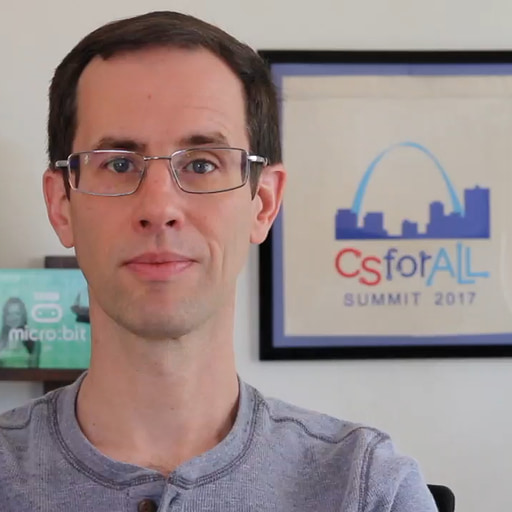
Bill Siever
Teaching Professor / Associate Chair -
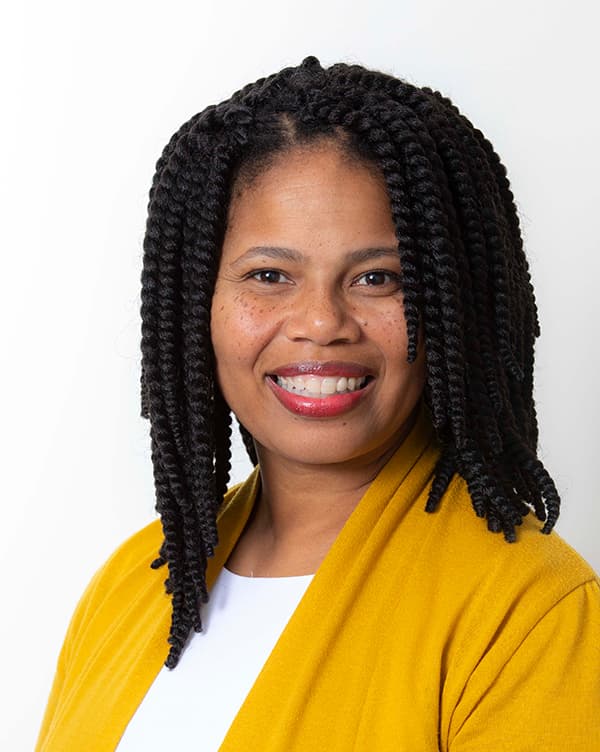
Yolanda Payne
Research Associate -

Rudy Escobar
STEM and Computer Science Coordinator -

Katie Henry
Head of Partnerships, North America -
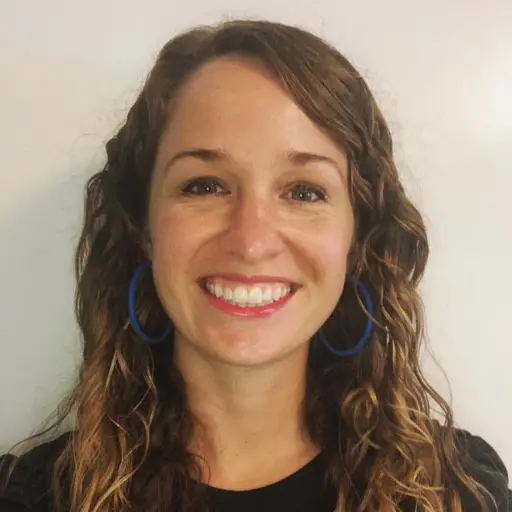
Hilah Barbot
Sr. Product Manager -
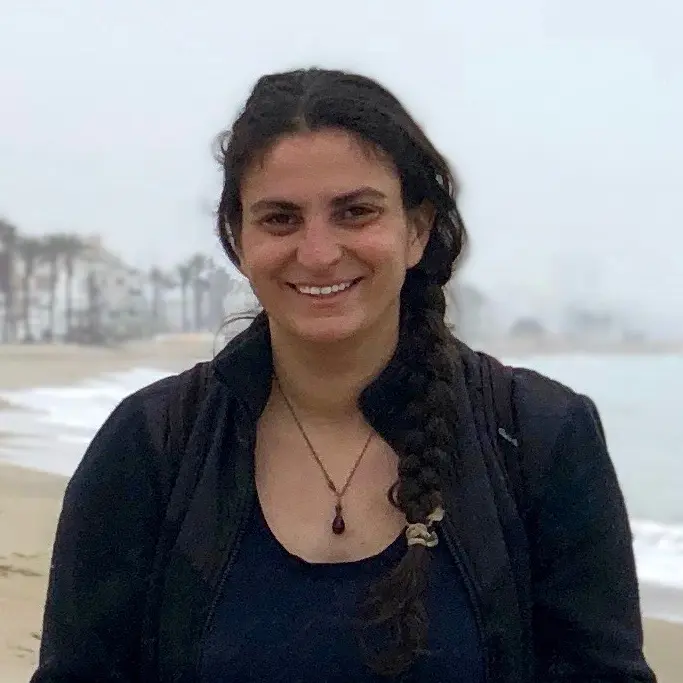
Jessica Bean
Research Scientist/ Educator
Additional Resources
Yolanda Payne
Day 1 Slide deckYolanda Payne
Day 1 RecordingCarla Neely
Day 1 Slide deckSarah Rankin
Day 2 Video RecordingSarah Rankin
Day 2 Slide deckSarah Rankin
Day 2 Algorithm Planning SheetSarah Rankin
Day 2 Investigation PlanBill Siever
Day 2 Video RecordingBill Siever
Day 2 Slide deckDay 3 recording
Carla Neely keynote, Hilah Barbot Presentation, Jessica Bean Presentation, Equity conversationHilah Barbot
Day 3 Slide deckDr. Jessica Bean
Day 3 Slide deckSession Topics
-
Day 1 Keynote and Opening
Yolanda Payne
March 7th (Tue), 4:00 - 4:30pm PST Opening Keynote about the importance of integrating computer science into science classes. For all grade levels. -
Day 1 Breakout Room 1
Yolanda Payne
March 7th (Tue), 4:30 - 6:00pm PST An Introduction to Microbit for the Elementary Classroom-Climate Action Join me for practical tips for implementation of the micro:bit in the elementary classroom. Teachers will leave with ways to use the microbit in the classroom while covering current standards and objectives. (For Elementary) -
Day 1 Breakout Room 2
Carla Neely
March 7th (Tue), 4:30 - 6:00pm PST Animal Tracker using the Micro:bit Use the micro:bit's accelerometer and radio features to make a prototype of a device to help scientists track polar bears or other animals and discover how they are being affected by climate change. (For Elementary) -
Day 2 Breakout Room 1
Sarah Rankin
March 8th (Wed), 4:00 - 6:00pm PST May the (Magnetic) Force Be with You: Activities for students on magnetism Want to learn about activities that will get students investigating magnetism AND develop their design and computational thinking skills? This may be the session for you. We will be going over how to design lessons that will take students through the process of setting up an investigation, designing a prototype, and evaluating their final design for exploring magnetic fields between static objects. We will also engage in multiple activities using microprocessors, such as compasses and alarms, that students can employ for investigating magnetic fields and creating their own prototypes for collective evidence of magnetic fields. These activities will support NGSS on students’ understanding of how to conduct investigations based on first-hand experience and collect qualitative evidence such as observations while learning about forces and interactions. No experience required, just enthusiasm! (For Middle School) -
Day 2 Break Room 2
Bill Siever
March 8th (Wed), 4:00 - 6:00pm PST Physical Computing for Following Phenomena This workshop will show how low cost physical computing platforms, like the micro:bit, can be used to measure aspects of phenomena, like acceleration, temperature, etc., over time. In addition, we will show how data can be exported, organized, analyzed, and visualized. The focus will be on examples that are beneficial to grades 9-12 STEM. (For High School) -
Day 3 Closing and Brainstorms
Carla Neely
March 9th (Thur), 4:00 - 6:00pm PST Equity and Brainstorms I will share my expertise as an award-winning science teacher and work as an Einstein fellow on Capitol Hill. I will also support attendees to think equitably about integrating physical computing and NGSS. (For All Grade Levels)
